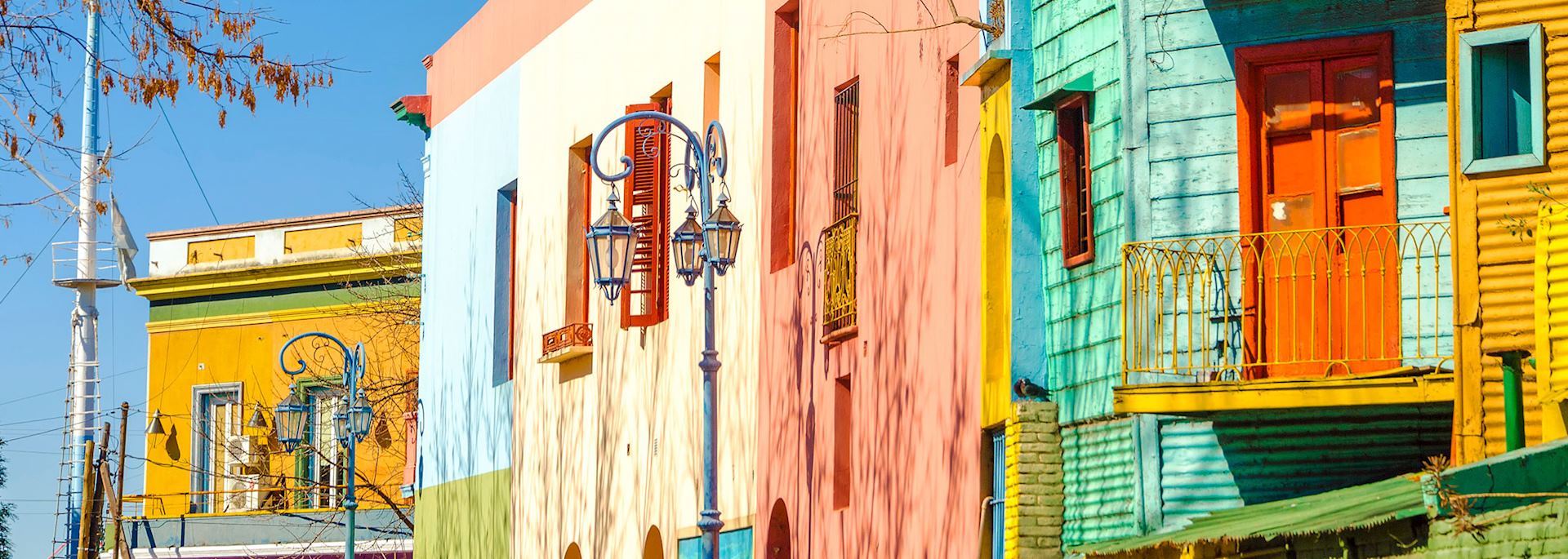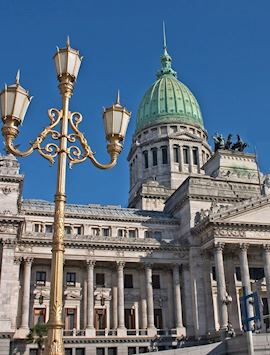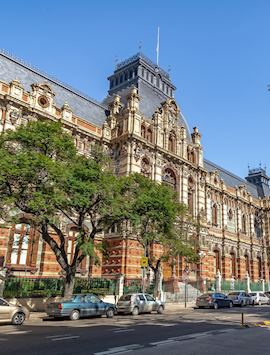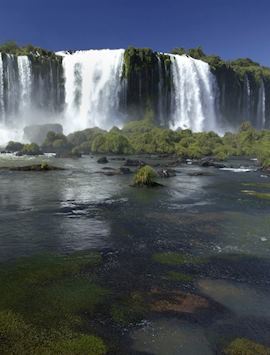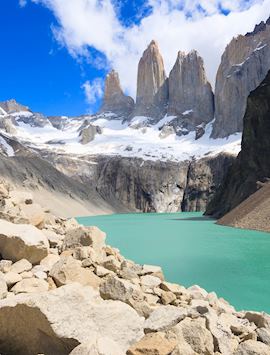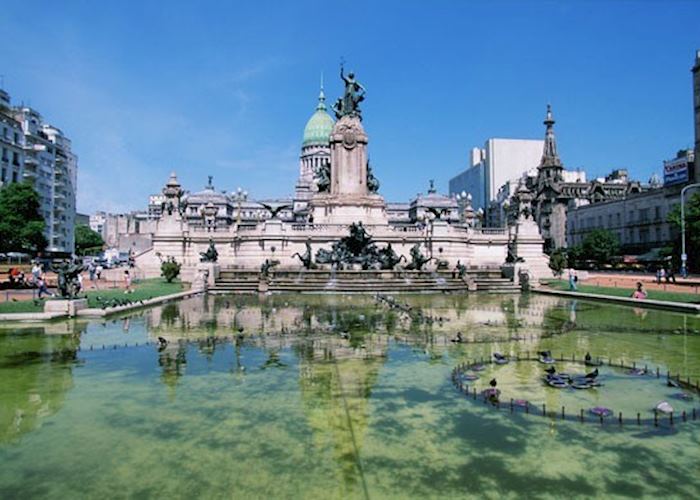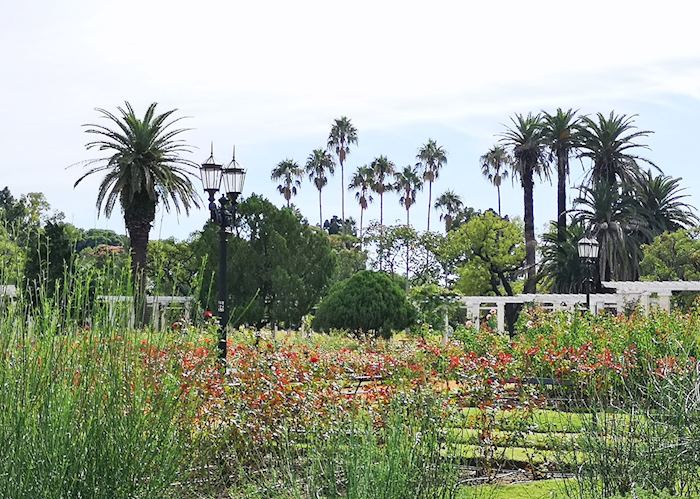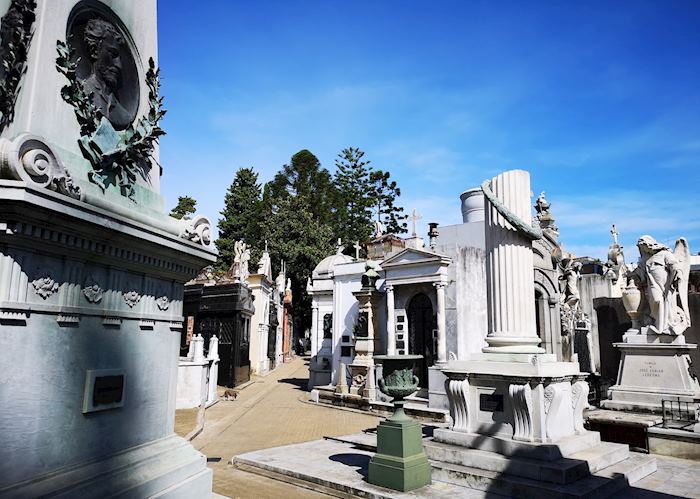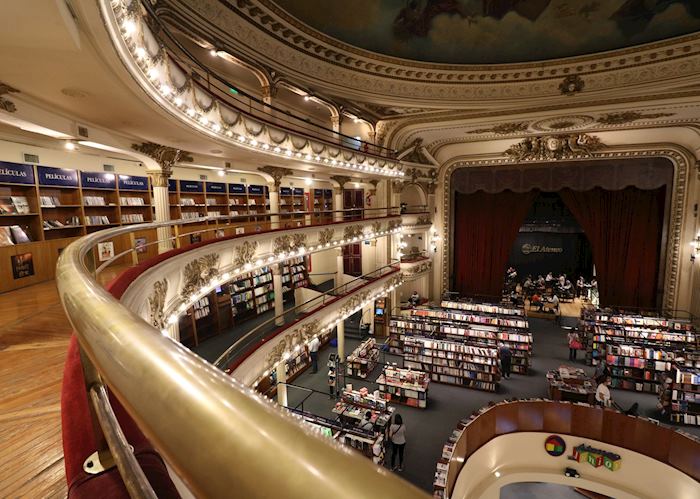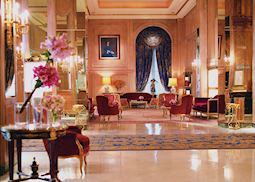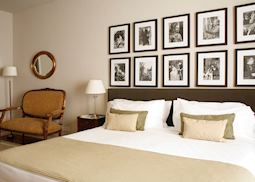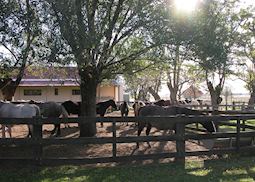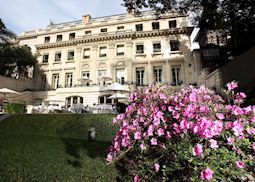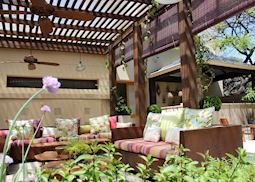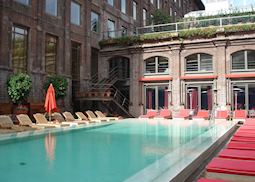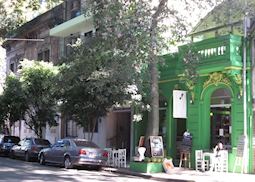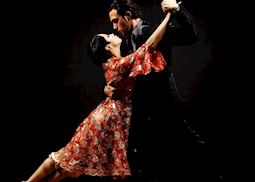Jump to:
‘What’s new, Buenos Aires?’ sings Eva Perón ― well, a theatrical incarnation of her ― in the musical Evita (banned in Argentina, but beloved on Broadway). It’s a fair question. This is a city in constant, exuberant flux. A place where businesses open and close every few months according to economic whims. A place where crowds gather weekly to protest outside the Casa Rosada (Argentina’s presidential seat). The ‘Paris of South America’ this is not, despite the moniker — it’s a full-blooded, many-sided, Latin American metropolis. With a few Parisian-looking, Belle Époque buildings.
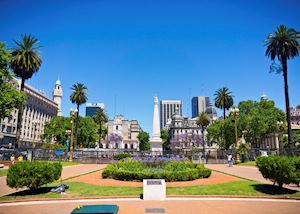 Just walking down a street in Buenos Aires is an experience. You can duck into smoky cafés for a beer or espresso. You might see a couple conducting an argument as if they’re characters from a soap opera, or a taxi driver stopping to share maté (a native herbal drink) and pass the time of day with an acquaintance. Cars honk, people shout, music blares. Walk past a church and watch how everyone on a passing bus simultaneously crosses themselves ― more out of tradition, in truth, than Catholic devotion.
Just walking down a street in Buenos Aires is an experience. You can duck into smoky cafés for a beer or espresso. You might see a couple conducting an argument as if they’re characters from a soap opera, or a taxi driver stopping to share maté (a native herbal drink) and pass the time of day with an acquaintance. Cars honk, people shout, music blares. Walk past a church and watch how everyone on a passing bus simultaneously crosses themselves ― more out of tradition, in truth, than Catholic devotion.
Buenos Aires can feel like many different cities overlapping. Haussmannian-style boulevards from the 1920s, when Buenos Aires looked to Europe for inspiration, sit alongside brutalist creations that sprung up during Argentina’s dictatorship. South of the city, the rickety, jauntily painted La Boca has traditionally been an immigrant area. Back in Buenos Aires proper, there’s the gentrified dockland area of Puerto Madero, where the city’s bright young things come to sample the latest shiny new bar or restaurant.
Meanwhile, in the many leafy parks, you’ll see games of fútbol as well as people stretching out and chatting and relaxing, or drinking maté together ― social interactions are the lifeblood of Porteños (the Argentine term for Buenos Aires’ residents).
The city’s food scene continues to flourish. Though there’s a strong, omnipresent Italian influence, asados (traditional grilled meat barbecues) are Buenos Aires’ chief culinary contribution. You can sample the best of them on a guided tour of locals-only, not-in-the-guidebooks parrillas (simple hole-in-the-wall restaurants serving asado).
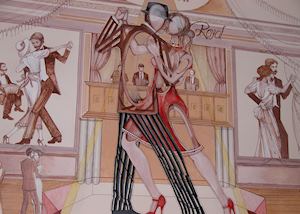 Disclaimer: tango doesn’t erupt spontaneously in the street. But, to see the dance in action, you can watch a dedicated tango show, or ― even better ― visit a local milonga (dance hall). Go between 10pm and 2am (early bedtimes have yet to catch on in Buenos Aires) to see couples of all ages perform this impassioned art form. You can even join in.
Disclaimer: tango doesn’t erupt spontaneously in the street. But, to see the dance in action, you can watch a dedicated tango show, or ― even better ― visit a local milonga (dance hall). Go between 10pm and 2am (early bedtimes have yet to catch on in Buenos Aires) to see couples of all ages perform this impassioned art form. You can even join in.
As for Eva Perón ― well, she’s much more visible. Still very much regarded as the country’s patron saint by some Argentines, you can even see graffiti of a beatifically smiling Eva scrawled in traditionally working-class areas of the city. You can see her final resting place, Recoleta Cemetery, and learn more about her short, controversial life on a city tour, which you can read more about in our Argentina highlights guide.
Buenos Aires combines well with visiting a traditional estancia (a horse ranch or working cattle ranch), such as El Ombu, out in the pampas outside the city. Relaxing places to visit, as well as ideal for horse lovers, they’re a far cry from city life. Here are five reasons to stay in an estancia during your Argentina trip.
Best time to visit Buenos Aires
Spring (October to November) is a delightful time to experience Argentina’s capital: it’s not too warm, and the jacaranda trees are in bloom with their bright purple flowers.
who's been there
-
01993 838 92501993 838 630
- Make an enquiry
Suggested itineraries featuring Buenos Aires
Our itineraries will give you suggestions for what is possible when you travel in Buenos Aires, and they showcase routes we know work particularly well. Treat them as inspiration, because your trip will be created uniquely by one of our specialists.
Photos of Buenos Aires
Our expert guides to exploring Buenos Aires
Written by our specialists from their own experiences of visiting Buenos Aires, these guides will help you make the most of your time there. We share both our practical recommendations and the best ways to appreciate Buenos Aires at its best.
-
What to do in Argentina: our highlights guide ![Iguazú Falls]()
What to do in Argentina: our highlights guide
What to do in Argentina: our highlights guide
Argentina: there’s more to it than tango, football, and Eva Perón (although they’re all part of the quintessential Buenos Aires experience). Long-time fan Jasmine explains the best places to visit in Argentina, from wetland wildlife-spotting to an estancia stay.
Read this guide
Accommodation choices for Buenos Aires
We've selected a range of accommodation options for when you visit Buenos Aires. Our choices usually come recommended for their character, facilities and service or location. Our specialists always aim to suggest properties that match your preferences.
-
![Breakfast outside at Estancia La Bamba]()
Estancia La Bamba
Buenos Aires -
![Alvear Palace Hotel, Buenos Aires]()
Alvear Palace
Buenos Aires -
![Deluxe Room, Legado Mitico, Buenos Aires]()
Legado Mitico Buenos Aires
Buenos Aires -
![Estancia El Ombu, Argentina]()
Estancia El Ombu
Buenos Aires -
![Palacio Duhau, Buenos Aires]()
Palacio Duhau
Buenos Aires -
![Hotel Nuss, Buenos Aires]()
Hotel Nuss
Buenos Aires -
![Outdoor Lounge at the Hub Porteno]()
Hub Porteno
Buenos Aires -
![Faena Hotel+Universe, Buenos Aires]()
Faena Hotel
Buenos Aires
Ideas for experiencing Buenos Aires
Our specialists seek out authentic ways to get to know the places that could feature in your trip. These activities reflect some of the experiences they've most enjoyed while visiting Buenos Aires, and which use the best local guides.
-
Parrilla Tour, Palermo ![Palermo street scene, Buenos Aires, Argentina]()
Parrilla Tour, Palermo
Parrilla Tour, Palermo
Most visitors to Buenos Aires only dine at the most touristy parrillas published in guidebooks and sadly miss out on some of the city’s most delicious gems.
View details -
El Querandi Tango Show ![El Querandi Tango Show]()
El Querandi Tango Show
El Querandi Tango Show
You can experience Argentina’s home-grown dance, the tango, in an entertaining yet authentic way at this dinner show. The production tells the story of tango, from its humble roots to its worldwide fame, and includes many dexterous, gravity-defying routines.
View details
